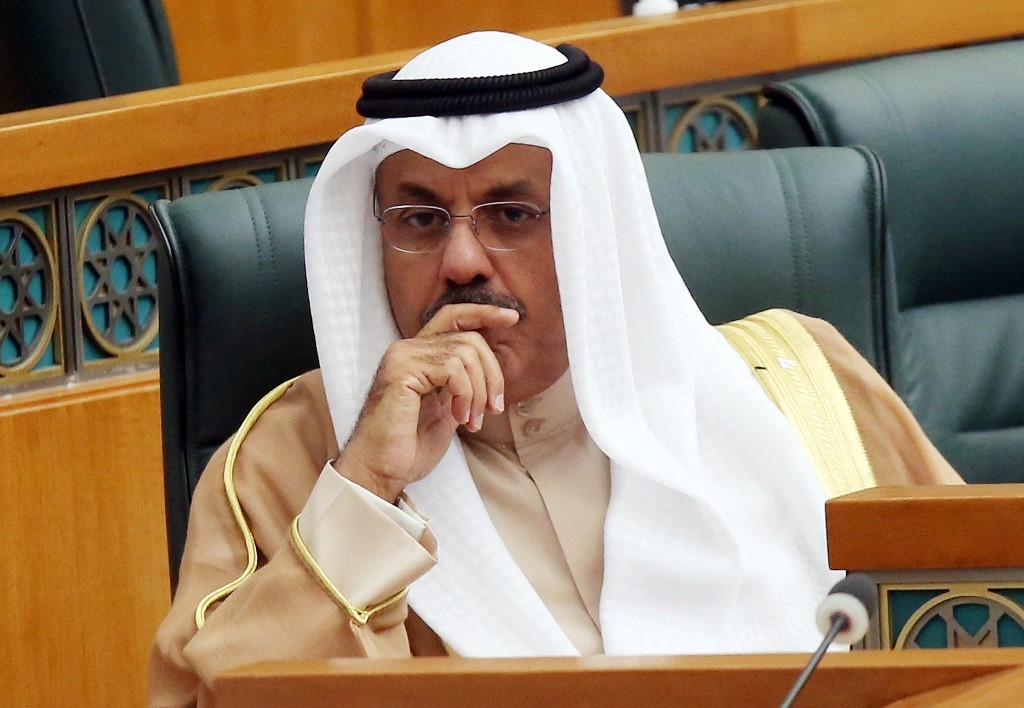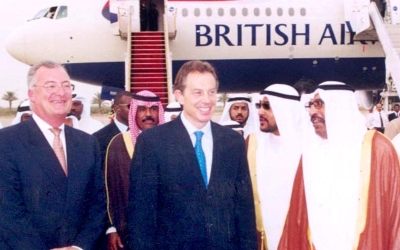Kuwaiti emir's son named prime minister

Kuwait named the emir's son as prime minister on Sunday, replacing caretaker premier Sheikh Sabah al-Khalid who faced a combative parliament amid a feud between the government and elected assembly that has hindered fiscal reform.
Crown Prince Sheikh Meshal al-Ahmad al-Sabah, who took over most of the ruling emir's duties late last year, named Sheikh Ahmad Nawaf al-Sabah to the post in a royal decree.
Last month the crown prince said he was dissolving parliament and would issue a decree for early elections, a move welcomed by opposition lawmakers who had staged a sit-in to press the prince to name a new prime minister.
Sheikh Ahmad was deputy prime minister and interior minister in the outgoing government, which had submitted its resignation in April ahead of a non-cooperation motion in parliament against Sheikh Sabah, who had been premier since late 2019.
Sheikh Ahmad, in his late 60s, began his career with the police force and then entered the interior ministry. After his father Emir Sheikh Nawaf al-Ahmad took power in 2020 he was appointed deputy head of the National Guard.
He was named interior minister, and a deputy prime minister, in March after his predecessor resigned, along with the then-defence minister, in protest over "arbitrary" questioning of ministers by the elected parliament.
Kuwait has given its legislature more influence than similar bodies in other Gulf monarchies, including the power to pass and block laws, question ministers and submit no-confidence motions against senior government officials.
Deadlock between government and parliament in Kuwait, which bans political parties, has often led to cabinet reshuffles and dissolutions of the legislature over the decades, hampering investment and reforms.
Middle East Eye propose une couverture et une analyse indépendantes et incomparables du Moyen-Orient, de l’Afrique du Nord et d’autres régions du monde. Pour en savoir plus sur la reprise de ce contenu et les frais qui s’appliquent, veuillez remplir ce formulaire [en anglais]. Pour en savoir plus sur MEE, cliquez ici [en anglais].





